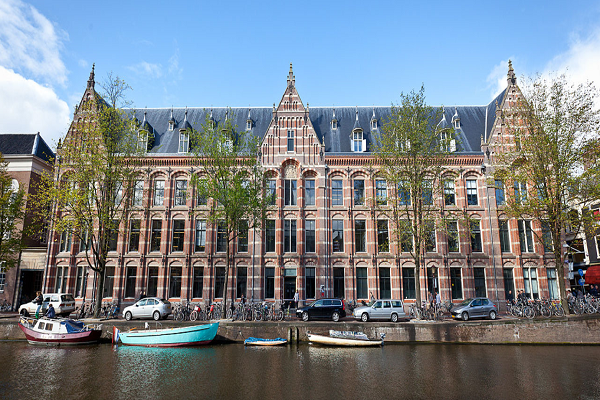University of Amsterdam: Preventing airborne virus transmission
Ever since COVID-19 struck on a worldwide scale, we have become very aware of the dangers of diseases that can transmit through the air. In the MIST programme, epidemiologists, infection prevention specialists, soft matter physicists, fluid dynamics experts, and engineers join forces to better understand and prevent airborne virus transmission. Under different circumstances, the researchers study the contagiousness of viruses, the spread of aerosols, and the influence of ventilation and air purification on the virus transmission. They then translate this knowledge into practical recommendations about which measures can be applied in the most efficient, cost effective and sustainable ways in different environments, varying from homes to hospitals, schools and trains.
Perspectief
The MIST programme has a total budget of 5.5 million euros, of which 4 million was awarded as an NWO Perspectief grant.
Innovation that has an economic and social impact often requires a large-scale approach. Developing new technology requires setting up new lines of research, transcending old networks and creating close collaboration between scientists and industry. The NWO financing instrument Perspectief focuses on stimulating this in order to solve innovation bottlenecks. Innovative knowledge takes shape in an application that contributes to technological innovation with potential economic and social impact for the Netherlands.

